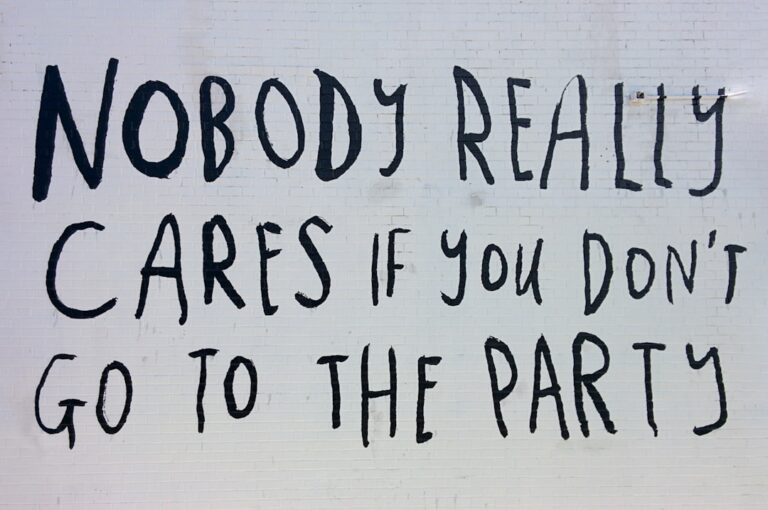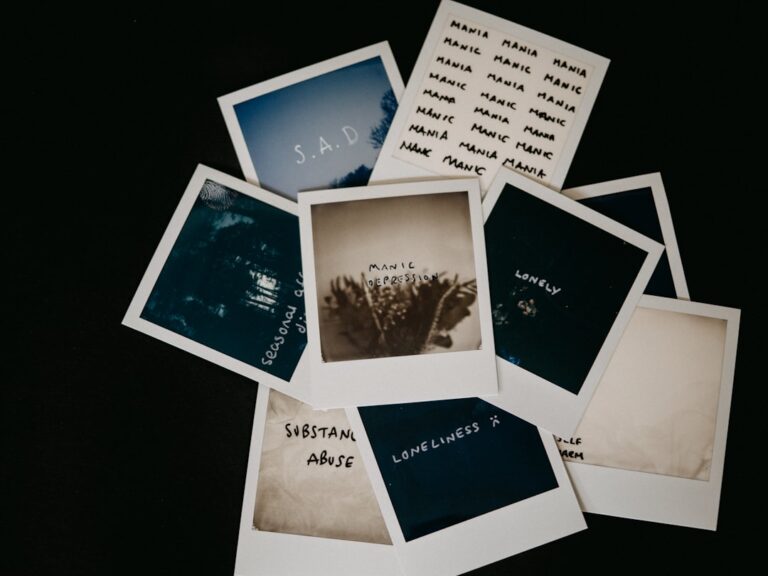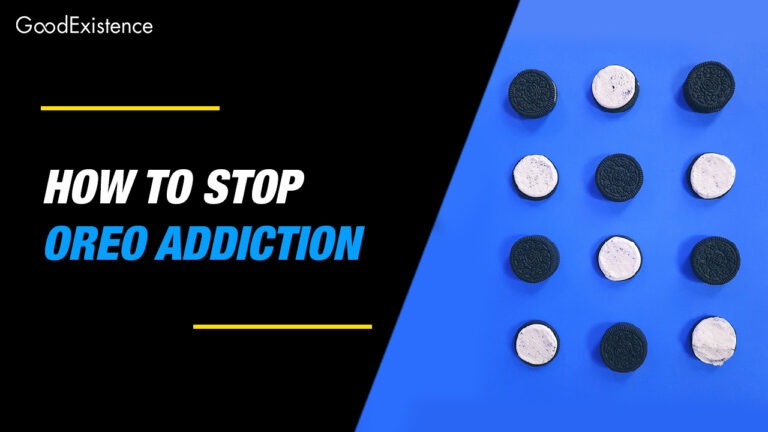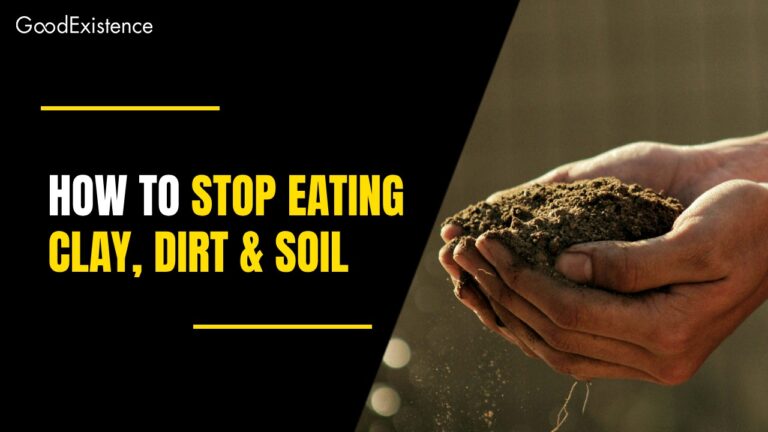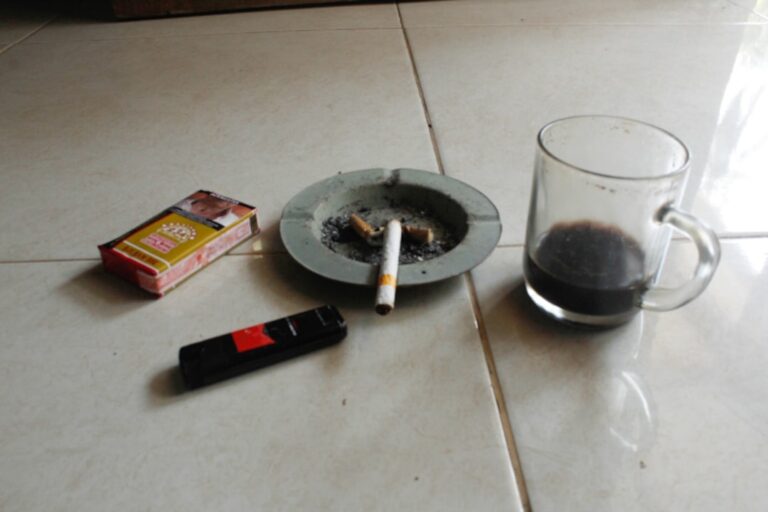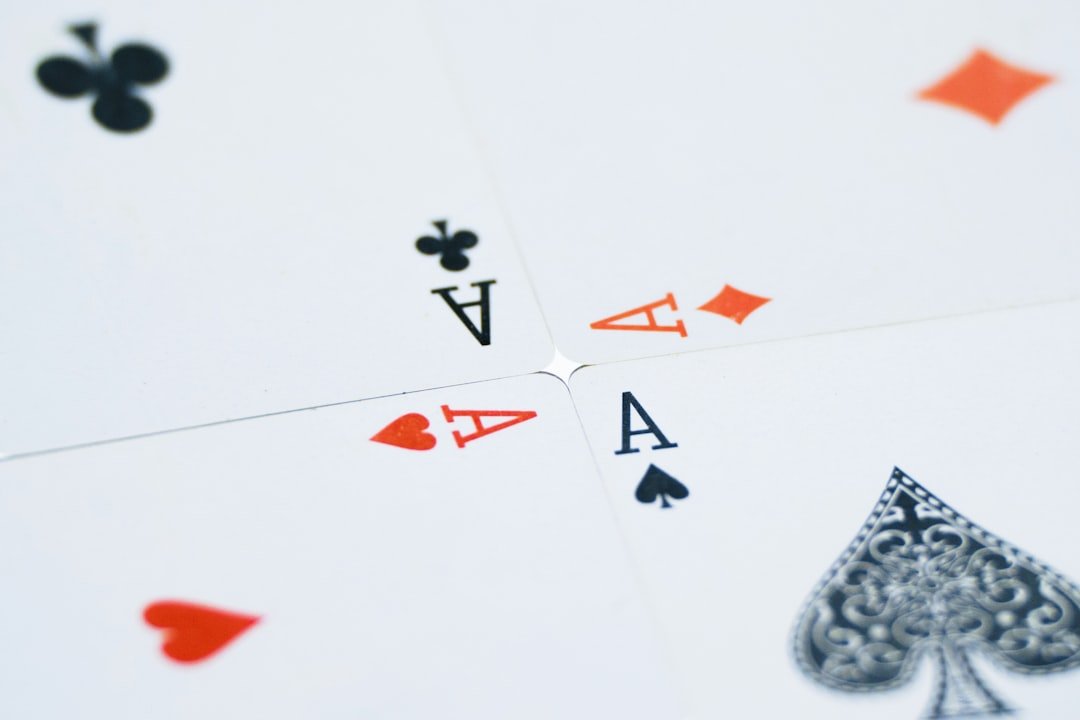
That feeling of chasing a loss, promising yourself it’s the last time, is a heavy weight to carry alone. I know that weight. While my battle wasn’t with the slot machine or the betting app, it was with other compulsions that hijacked my life. I spent years stuck in a cycle of binge eating, endless video games, and a deep-seated laziness that kept me from living. I felt trapped and ashamed.
But I want you to know something right now. There is a way out. It’s not easy, but it is simple. It starts with a decision to fight for a better life. I managed to break free, lose over 110 pounds, and build a life of purpose and balance. I’m here to share what I’ve learned, friend to friend, in the hope that it can help you too.
Acknowledging the Truth and Taking Back Control
The first steps are always the hardest because they require total honesty. You can’t fix a problem you refuse to see. This is where the real work begins.
-
Admit It’s a Problem. The first and most important step is to say it out loud. To yourself. In the mirror. "I have a problem with gambling." Secrecy is the fuel that keeps addiction burning. Honesty is the water that puts it out.
-
Tell Someone You Trust. You cannot do this alone. I tried to fix my issues in secret for years and it never worked. The moment I told my family and a close friend, the burden was cut in half. Find someone who won’t judge you. A spouse, a sibling, a priest, or a trusted friend. Let them in.
-
Understand Your Triggers. What sends you looking for a game? Is it stress from work? Boredom on a Saturday afternoon? Loneliness? Start paying attention. When I realized my trigger for binge eating was late-night boredom, I could finally make a plan to fight it. Knowing your enemy is half the battle.
-
Block All Access. This is a practical, non-negotiable step. Use software to block gambling websites on your phone and computer. Contact casinos and ask to be put on the self-exclusion list. Delete the apps. Make it as difficult as possible for your future self to give in during a moment of weakness.
-
Hand Over Your Finances (Temporarily). This one feels tough, but it’s a game-changer. Ask a trusted partner, parent, or sibling to manage your finances for a while. Have your paycheck deposited into an account you can’t access. Get a small, fixed weekly allowance for essentials. Removing the fuel (money) stops the fire.
Building a New Foundation
Once you’ve put up some guardrails, it’s time to start building a new life. You can’t just leave a void where gambling used to be. You have to fill it with good things.
-
Find a Healthy Replacement. Your brain craves engagement. You need to give it something better to do. For me, when I quit gaming, I started going for long walks and listening to audiobooks. I rediscovered reading. What did you enjoy before gambling took over? Woodworking? Fishing? Learning an instrument? Pick something, anything, and dive in.
-
Create a Simple Routine. Addiction thrives in chaos. A simple daily structure brings order and peace. It doesn’t need to be complicated. My productive routine is built on just 2–4 hours of focused work a day. A simple schedule like waking up at the same time, praying, eating breakfast, and going for a walk can create a powerful sense of stability.
-
Celebrate the Smallest Wins. When I was losing weight, I celebrated the first five pounds I lost. I didn’t wait for the final 110. The same goes for you. Did you make it through one day without gambling? That is a huge victory. Acknowledge it. Be proud of it. These small wins build the momentum you need to keep going.
-
Practice Daily Gratitude. This simple act rewired my brain. Instead of focusing on what I lacked or what I craved, I started focusing on what I already had. Each day, I write down or simply think of three things I am grateful for. A roof over my head. A good conversation. My health. Gratitude starves discontent and makes you appreciate the real wins in your life.
-
Deal With Debt Head-On. The financial mess left by gambling can be terrifying. But ignoring it will only make the anxiety worse. Seek help from a non-profit credit counseling service. They can help you create a realistic plan to pay off your debts. Facing this is a massive step toward real freedom.
Finding Strength for the Long Haul
Recovery isn’t a one-time event. It’s a new way of living. These final tips are about finding the deep, lasting strength to make this change permanent.
-
Strengthen Your Faith. For me, this has been the most important part of my journey. When my own willpower failed, I learned to rely on God. My Christian Orthodox faith gave me a purpose beyond my own selfish habits. It taught me about grace, forgiveness, and the strength that comes from something bigger than myself. Prayer isn’t a magic wand, but it’s a conversation with a Father who wants to help you. It connects you to a source of unshakeable peace and strength.
-
Join a Support Group. Groups like Gamblers Anonymous are filled with people who know exactly what you’re going through. There is incredible power in a room full of people who share your struggle and are committed to helping each other heal. You don’t have to share your whole story on day one. Just go and listen.
-
Forgive Yourself. You will carry a lot of guilt and shame. You’ve likely hurt people you love, and you’ve definitely hurt yourself. But you cannot build a new future if you’re anchored to the mistakes of the past. God offers forgiveness, and you must learn to offer it to yourself. You are not defined by your worst moments.
-
Focus on Serving Others. One of the best ways to get out of your own head is to help someone else. Volunteer at your church. Help an elderly neighbor with their yard work. Do something that puts the focus on another person’s needs. It’s amazing how your own problems shrink when you’re focused on serving.
-
Be Patient. This is a Journey. There will be good days and there will be hard days. There might even be days where you slip up. That doesn’t mean you’ve failed. It just means you’re human. The goal isn’t perfection. The goal is to get back up, learn from the mistake, and take the next right step.
You’ve carried this burden long enough. Freedom is possible, and it’s worth fighting for. The life you want is on the other side of this struggle.
So, let me ask you: What is one small step from this list that you can take today? Don’t think about all fifteen. Just pick one. Maybe it’s deleting a single app from your phone, or maybe it’s finally saying the words “I need help” to someone you love.
Start there. Your new life is waiting.
